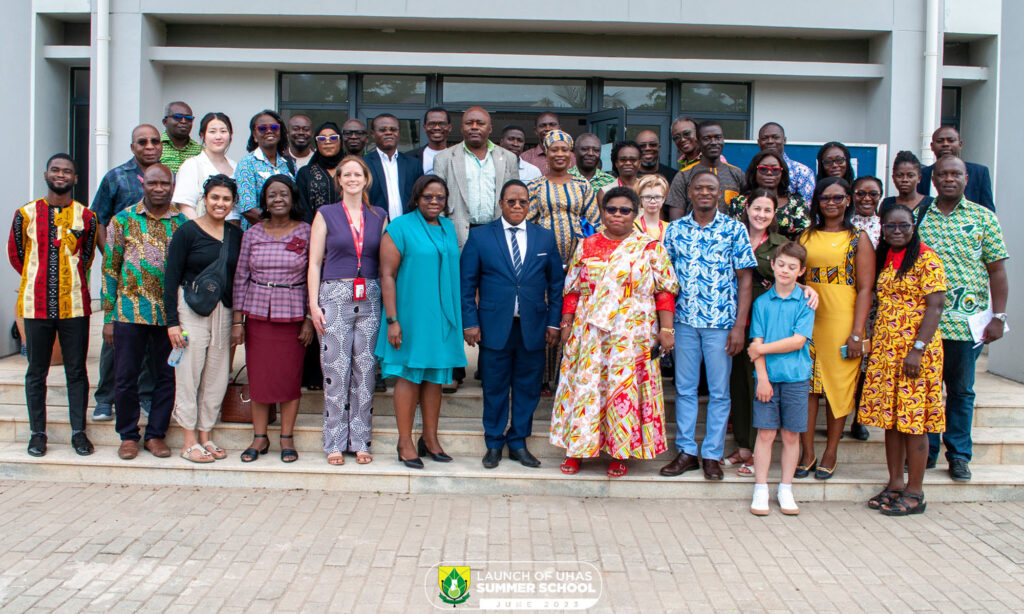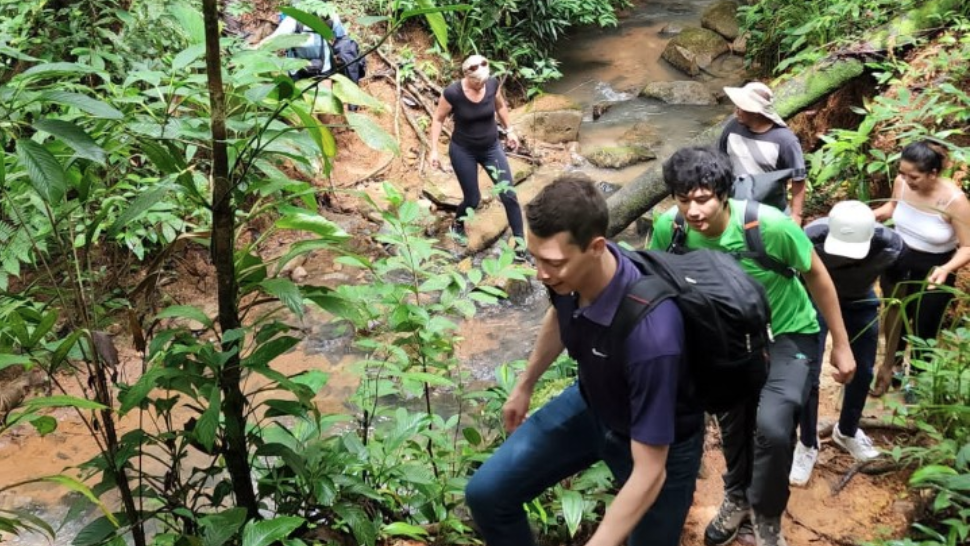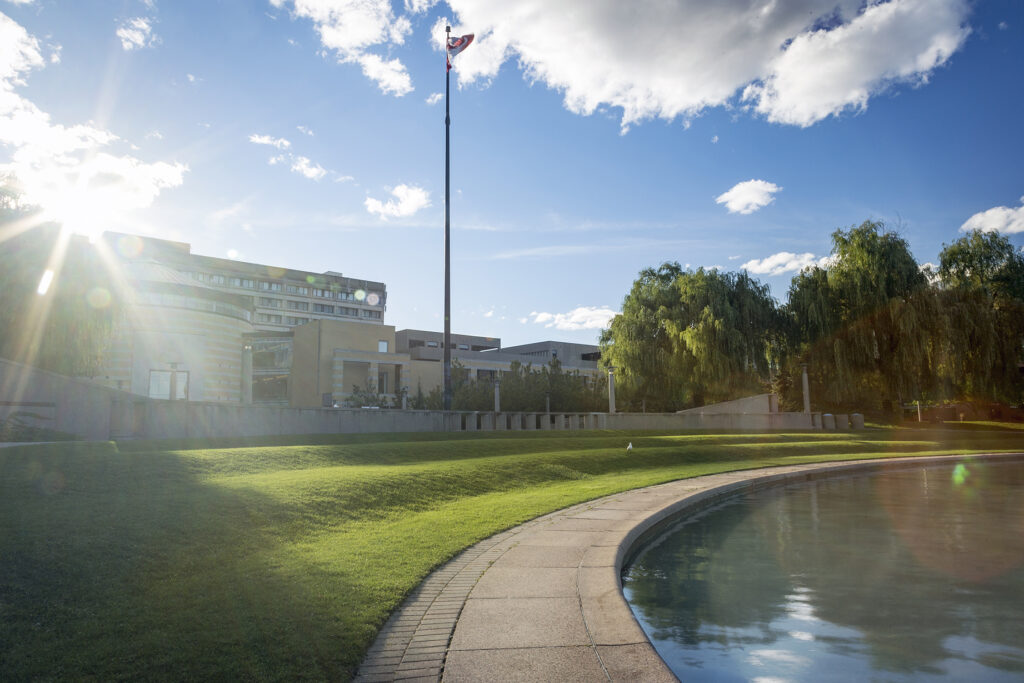Strengthen ethical, respectful, collaborative, and reciprocal relations with governments, health organizations, community groups and alumni.
We know we are stronger when we collaborate with others. That’s why we are seeking out partnerships locally and globally in education, research and practice so that we can fulfill our vision to be leaders and partners for a healthy and just 21st Century world.
Our fundamental belief is that everyone should be treated fairly and equitably, with respect and dignity. That’s why we are strengthening partnerships with Indigenous peoples, so that we can do better, and so that we can collaborate respectfully.
We are partnering with government, community groups, and other postsecondary institutions to solve big, complex global challenges. We are forging new relationships and expanding our ability to protect the health and wellness of our communities through a healthcare precinct that is creating education, research, and practice opportunities and a School of Medicine.
We are seeking out the real-world expertise of alumni who are leading organizations whose challenges our students and researchers might help resolve.

Why This Matters


York is in a new era of internationalization with the launch of the Engaging the World global engagement strategy. The Faculty of Health is an embodiment of this strategy. We are committed to global engagement and expanding York’s position as an agent of positive change on global challenges such as health equity, connections between health and the environment, poverty, systemic inequality and political polarization.

York University is moving forward with plans to establish a new School of Medicine that will focus on training primary care doctors in an inter-professional and community-based setting. The model will create greater health equity for diverse communities across Canada, including more than one million Ontarians who do not have access to primary care.

In India and elsewhere, York researchers are drawing on their expertise in health sciences, health management and health informatics to partner research into infectious diseases, such as malaria, HIV and tuberculosis.
To achieve this goal, by 2028 we will:
- Nurture relations with York U’s Indigenous Council and Indigenous communities for collaborative programming in education, research, and practice
- Explore healthcare professional training and research with Indigenous partners
- Partner with local and global communities to advance sustainable, equitable education, research, and practice
- Leverage the Connected Minds project, Vaughan Healthcare Precinct, and Ontario Health Teams to increase education, research, and practice opportunities
- Contribute to the development of a community-based School of Medicine in partnership with government, community groups, and health care organizations
- Engage with alumni and donors to increase opportunity, collaboration, inclusion, and the advancement of common goals for positive change.

